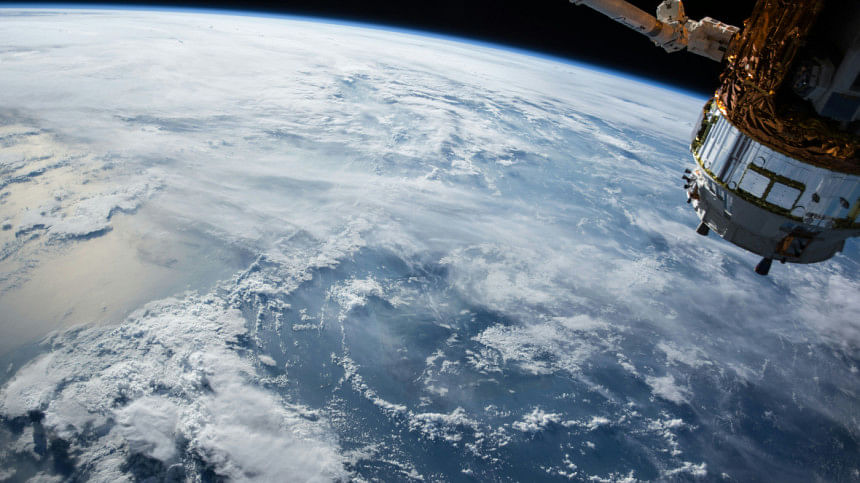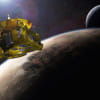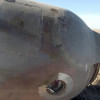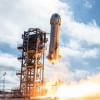India to conduct 7 experiments in space

Indian Air Force Group Captain Shubhanshu Shukla scripted history by becoming the country's first astronaut to enter the International Space Station (ISS) on June 26 after the docking of Axiom 4 spacecraft, he carried with him India's scientific dreams to the frontiers of microgravity.
During his stay at the ISS for the next fortnight, Shukla will conduct seven of India's fully indigenous microgravity space-borne experiments, officials of India's national space agency said. The experiments have been designed and developed by different state-owned Indian scientific institutions.
The first experiment involves the study of edible microalgae, a project that focuses on observing the growth and metabolism of three selected varieties of edible microalgae in microgravity conditions.
The outcomes of this study, led by New Delhi-based International Centre for Genetic Engineering and Biotechnology (ICEGB) and Biotechnology Research and Innovation Council (BRIC) and National Institute of Plant Genome Research (BRIC-NIPGR), focuses on hold significant potential for enhancing crew nutrition, enabling wastewater recycling and supporting carbon dioxide to oxygen conversion, all of which are critical for long-term space habitation.
The second experiment by the University of Agricultural Sciences and the Indian Institute of Technology in Karnataka investigates the germination and nutritional properties of sprouting seeds, specifically 'moong' and 'methi', under space conditions. The findings are expected to contribute to the development of nutritious food supplements for astronauts and explore the medicinal benefits of these sprouts in a microgravity environment.
The third experiment by the Biotechnology Research and Innovation Council and Institute for Stem Cell in Bengaluru addresses the critical issue of muscle loss in space. By mimicking muscle regeneration in microgravity, the study aims to understand the biological mechanisms behind muscle degradation and identify potential interventions for astronaut health. These insights could also lead to new rehabilitation therapies for muscle-related disorders on Earth.
The fourth experiment by Indian Institute of Sciences (IISc) in Bengaluru will examine the survival, revival and reproduction of tardigrades, famously resilient microscopic organisms, under space conditions. This study is poised to offer valuable data on human adaptability and survival strategies in extreme environments, both in space and potentially on earth.
The fifth experiment, also by IISc, focuses on the interaction between humans and electronic displays in microgravity. The goal is to understand how astronauts perceive and interact with digital interfaces in space, which will inform the design of safer and more efficient spacecraft control systems and crew consoles.
The sixth experiment by ICGEB explores the growth of cyanobacteria using urea as a nitrogen source in microgravity. The findings could support the development of sustainable systems for carbon and nitrogen recycling in space and highlight cyanobacteria's potential as a super food for long-duration space missions.
Finally, the seventh experiment involves seed resilience trials, testing rice, cowpea, sesame, brinjal and tomato seeds that have been exposed to microgravity. The objective is to assess the impact of space conditions on these seeds, with the goal of advancing space agriculture and developing climate-resilient plant varieties suitable for cultivation on Earth and beyond.
According to India's Science and Technology Minister Jitendra Singh, these experiments represent India's emergence as a global leader in space biosciences. He said these experiments would open "new frontiers" for sustainable life in space and resilient ecosystems on earth.

 For all latest news, follow The Daily Star's Google News channel.
For all latest news, follow The Daily Star's Google News channel. 








Comments